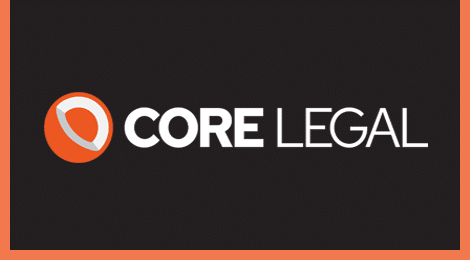Understanding Child Support Agreements in New Zealand
Child support is a financial arrangement where one parent provides financial assistance to the parent who has primary care of their child. In New Zealand, child support payments help ensure that both parents contribute fairly to their child’s upbringing, even after separation.
The Inland Revenue Department (IRD) oversees child support in New Zealand, ensuring payments are made regularly and chasing up any unpaid amounts. The IRD also determines child support amounts through formula assessments if parents cannot agree on their own.
There are three ways to establish a child support agreement in New Zealand:
1. Formula Assessment Through IRD
A formula assessment is a government-calculated child support payment based on both parents’ incomes and the child’s care arrangement.
- To set up a formula assessment, a parent submits an application to the IRD.
- The IRD calculates the required child support payments using a government formula.
- Payments are then managed by the IRD, ensuring compliance.
Best for: Parents who cannot agree on a fair child support amount.
2. Voluntary Agreement Registered with IRD
A voluntary agreement allows both parents to decide on a fair child support amount, which is then registered with the IRD for enforcement.
- Parents negotiate an amount they both agree on.
- The IRD ensures payments are made on time and in full.
- IRD can intervene if payments are missed.
Best for: Parents who can agree on child support but want IRD to oversee payments.
3. Private Agreement Between Parents
A private agreement is when parents decide on child support payments without involving the IRD.
- Payments are made directly between parents.
- No IRD involvement, meaning no enforcement if payments stop.
- If disputes arise, legal action may be needed to recover unpaid amounts.
Best for: Parents who have an amicable relationship and trust each other to follow through on payments.
Choosing the Right Child Support Arrangement
Each option has pros and cons, and the right choice depends on your relationship with the other parent and your financial situation.
✅ If you need government enforcement, an IRD formula assessment or voluntary agreement is best.
✅ If you prefer flexibility and trust your co-parent, a private agreement may work—but it has risks.
If you’re unsure which child support option is best for you, seeking legal advice can help clarify your rights and responsibilities. A family law expert can assist in setting up a fair agreement and ensuring you have the necessary legal protections.
📞 Contact Core Legal in Masterton & Wellington today to discuss your child support options with an experienced lawyer.


